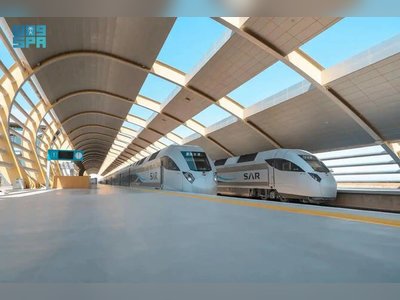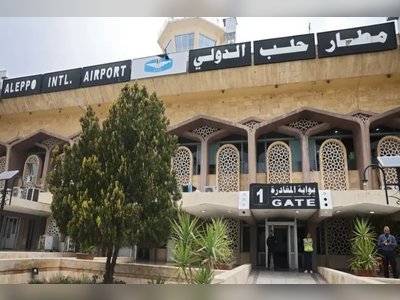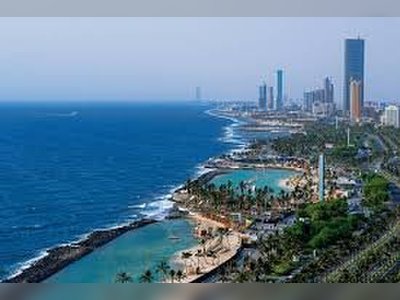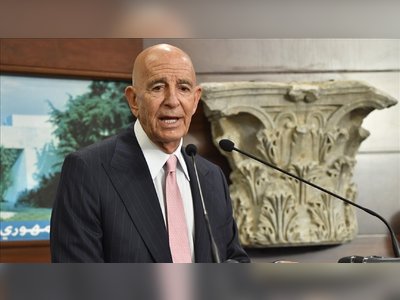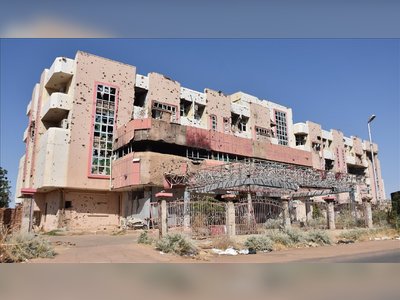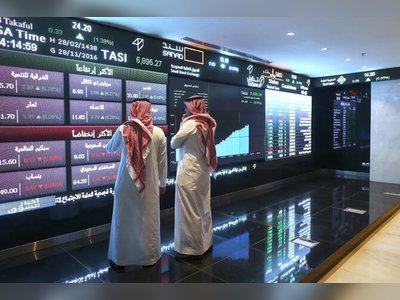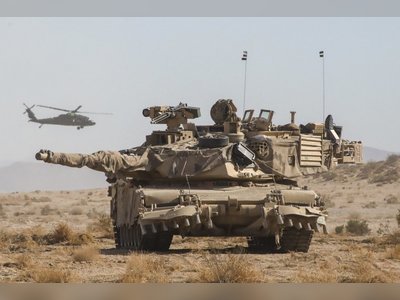
Saudi Arabia’s Logistics Sector Pioneers Global Connectivity
Saudi Arabia has significantly transformed its logistics sector, driven by Vision 2030 and the National Industrial Strategy. Key events like Expo 2030 and the FIFA World Cup 2034 will attract global business, while technological innovations and sustainability initiatives, such as solar-powered warehouses and electric vehicles, further enhance logistics operations. Despite challenges, the Kingdom's strategic port locations and advancements in aviation and land transport connectivity position it as a pivotal hub in global commerce.
Saudi Arabia's logistics sector has experienced significant growth due to strategic initiatives like Vision 2030 and the National Industrial Strategy.
With a population of around 36 million and a GDP of one dollar point eighty-one trillion, the Kingdom has become a global logistics hub.
Major events like Expo 2030 and the 2034 FIFA World Cup enhance this potential.
Industry experts, including Hakan Lanfredi from Dussmann Group and Dominik Baumeister from PwC Middle East, highlight opportunities in freight forwarding, 3PL, and warehousing.
Emerging hubs like NEOM, the Riyadh Logistics Park, and the Integrated Logistics Bonded Zone (ILBZ) in Riyadh are pivotal, offering incentives like a fifty-year tax holiday and one hundred percent foreign ownership.
Technological innovations and sustainability initiatives, such as solar-powered warehouses and electric vehicles, further drive the sector's progress.
Despite challenges like regulatory complexity and skilled labor shortages, partnerships with institutions like the Saudi Logistics Academy aim to prepare a skilled workforce.
The Kingdom's strategic port locations and advancements in aviation and land transport connectivity position it to play a crucial role in global freight corridors, aligning with Vision 2030 goals.
With a population of around 36 million and a GDP of one dollar point eighty-one trillion, the Kingdom has become a global logistics hub.
Major events like Expo 2030 and the 2034 FIFA World Cup enhance this potential.
Industry experts, including Hakan Lanfredi from Dussmann Group and Dominik Baumeister from PwC Middle East, highlight opportunities in freight forwarding, 3PL, and warehousing.
Emerging hubs like NEOM, the Riyadh Logistics Park, and the Integrated Logistics Bonded Zone (ILBZ) in Riyadh are pivotal, offering incentives like a fifty-year tax holiday and one hundred percent foreign ownership.
Technological innovations and sustainability initiatives, such as solar-powered warehouses and electric vehicles, further drive the sector's progress.
Despite challenges like regulatory complexity and skilled labor shortages, partnerships with institutions like the Saudi Logistics Academy aim to prepare a skilled workforce.
The Kingdom's strategic port locations and advancements in aviation and land transport connectivity position it to play a crucial role in global freight corridors, aligning with Vision 2030 goals.



